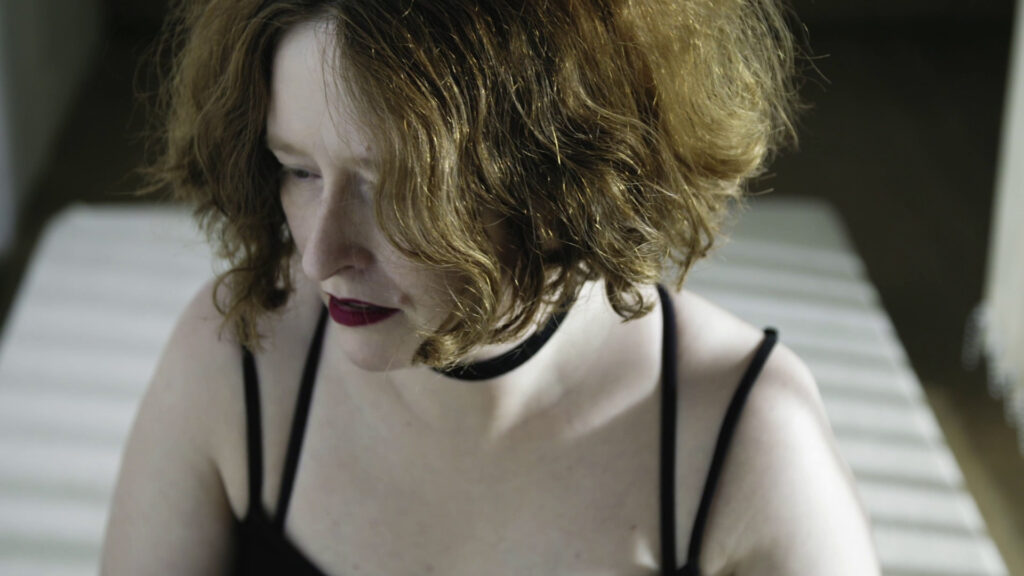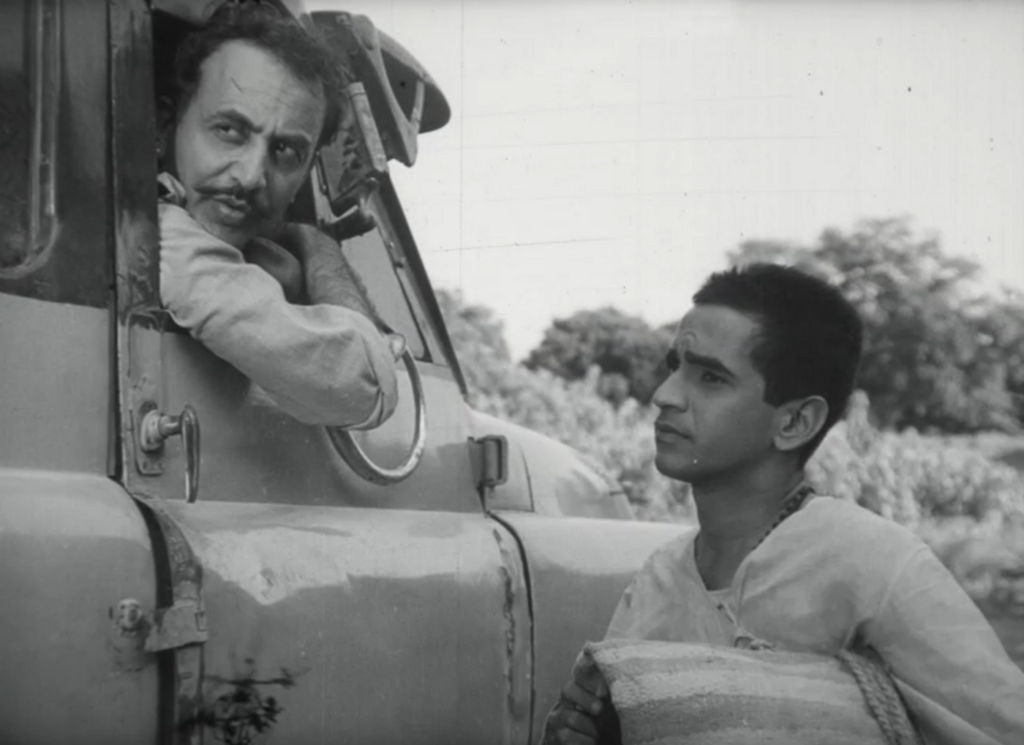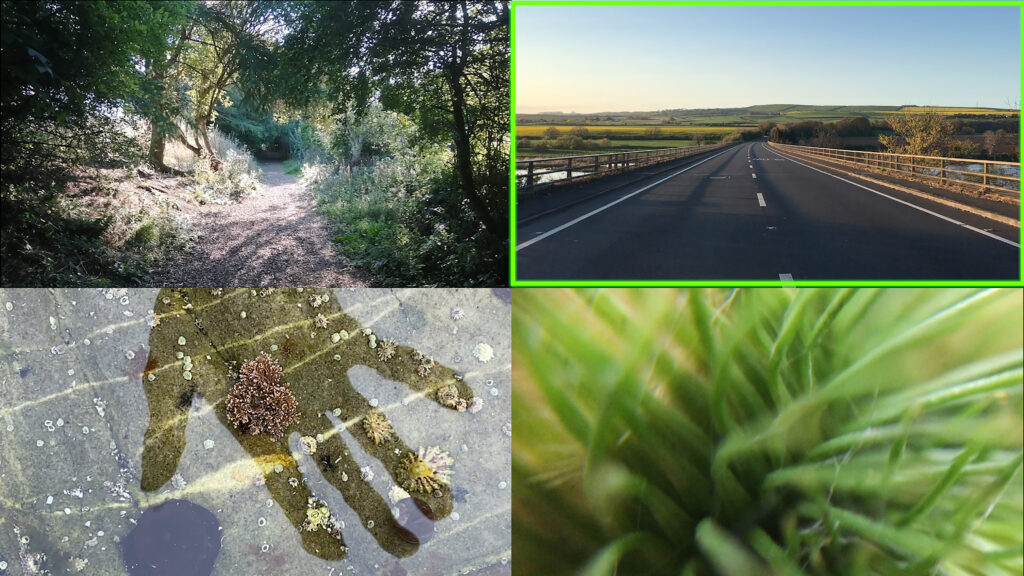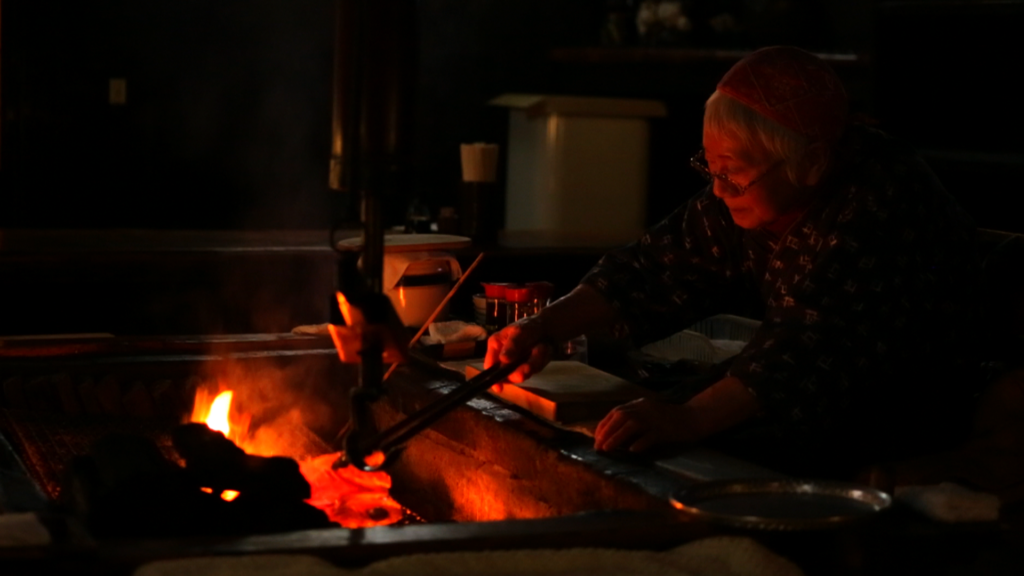17 September 2020
Programmes
17 September 2020
17 September 2020
17 September 2020
17 September 2020
17 September 2020
17 September 2020
17 September 2020
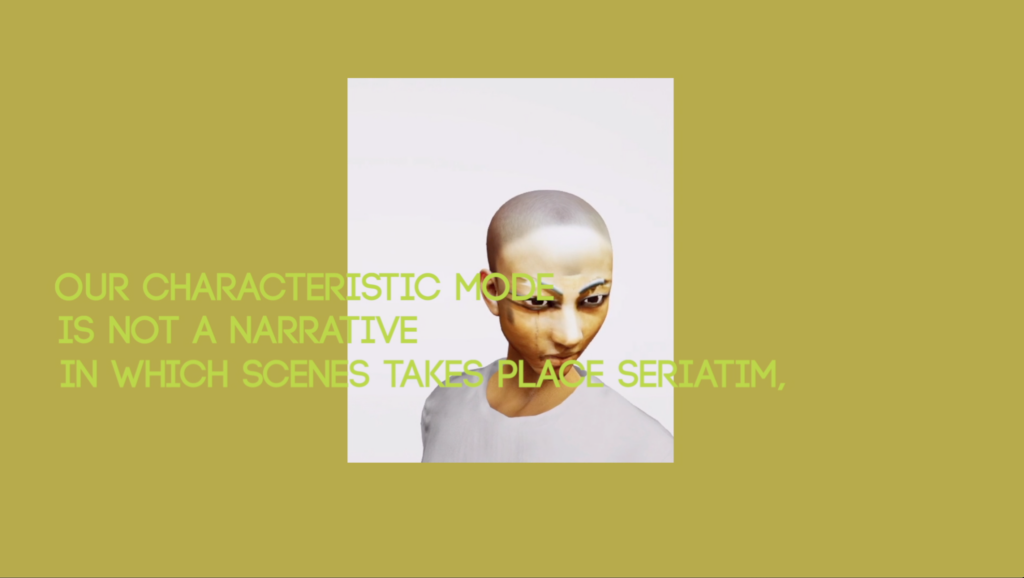
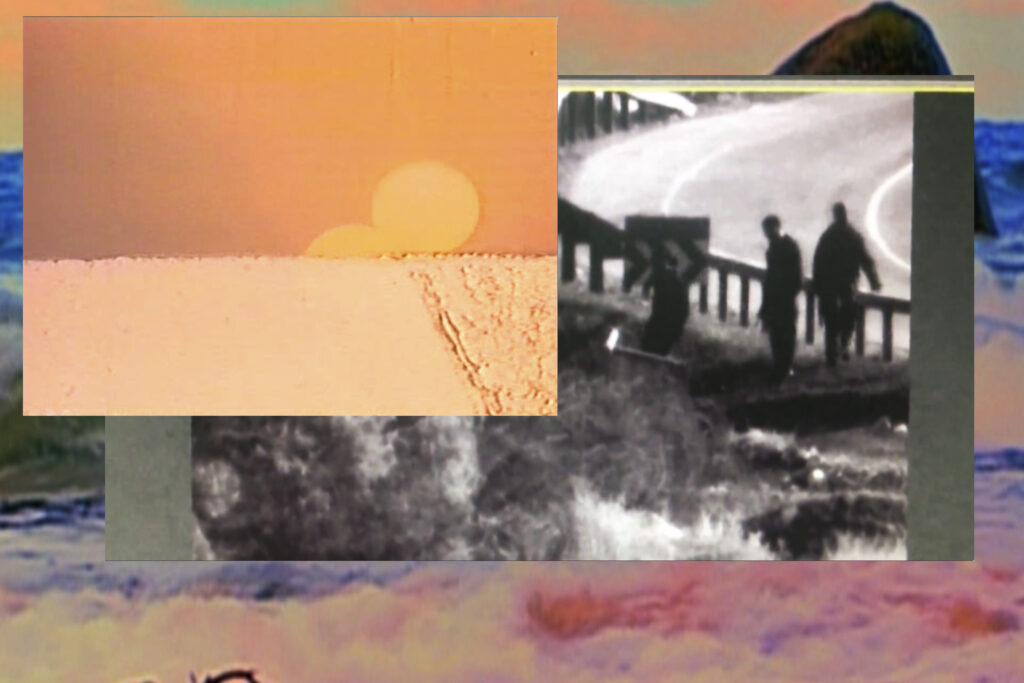
At Those Terrifying Frontiers Where the Existence and Disappearance of People Fade Into Each Other
(على تلك الحدود المرعبة التي يختلط فيها وجود الناس واختفائهم ببعضه البعض)
In consultation with Abbas and Abou-Rahme, Only the Beloved Keeps Our Secrets, a second work was chosen to accompany At Those Terrifying Frontiers Where the Existence and Disappearance. Taking the opportunity given by an online Festival, it was felt that this strategy might better simulate the artists’ performance, installation and exhibition making practice for viewers.
11 min
17 September 2020
17 September 2020


